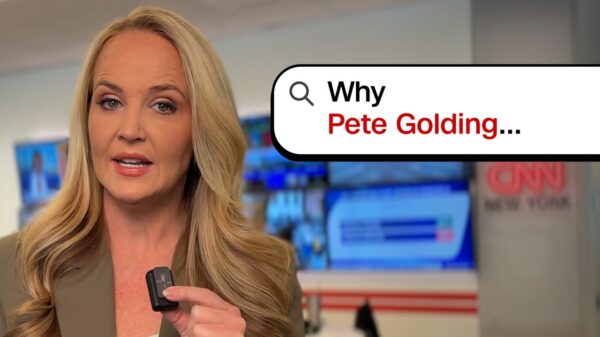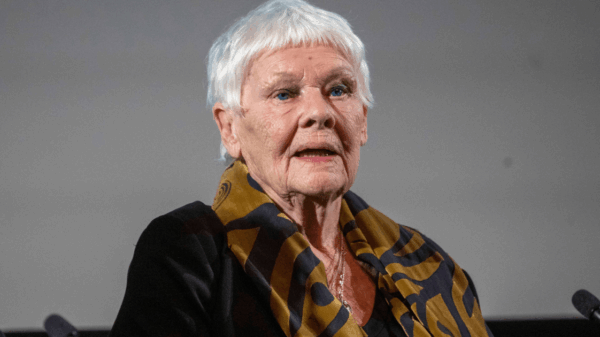The recent decision by Florida to phase out childhood vaccine mandates has ignited significant concern regarding public health. As of September 2025, the state’s approach has raised alarms, especially in the context of the ongoing fight against COVID-19 and other preventable diseases. The Florida Health Department has indicated that vaccine requirements for child care facilities and public schools will include essential immunizations against diseases such as measles, chickenpox, hepatitis B, and polio.
Governor Ron DeSantis has been a central figure in this shift. His administration has implemented measures that limit vaccine requirements, a trend that aligns with actions taken during the COVID-19 pandemic. Notably, DeSantis has opposed mandates requiring workers to receive vaccinations, which has set a precedent not only in Florida but also in other Republican-led states.
The implications of these changes are dire. Bill Cassidy, Louisiana’s senior senator and chairman of the Senate’s health committee, described the move as “a terrible thing for public health.” He warned that the rollback could lead to outbreaks of vaccine-preventable diseases in schools, putting vulnerable children at risk. Cassidy expressed concern that unvaccinated children could spread diseases like measles to those unable to receive vaccinations due to medical conditions.
In Florida, the decision has been met with mixed reactions. While some support the push for personal choice regarding vaccinations, others, including Democratic state legislators, have called it “a public health disaster in the making.” The potential consequences of this policy shift are significant, particularly as vaccines have saved an estimated 154 million lives globally over the past 50 years, with 95% of those lives being children under five years old, according to the World Health Organization.
The anti-vaccine sentiment has been fueled by various political figures, including Robert F. Kennedy Jr., who has been a vocal critic of vaccines and has gained prominence through support from certain Republican leaders. His stance has prompted scrutiny, particularly after a recent Senate Finance Committee hearing where he defended his controversial views on vaccines. Critics argue that Kennedy’s influence poses a threat to public health initiatives that have historically been effective in combating infectious diseases.
As Florida moves forward with its plans, the repercussions could extend beyond state lines. Other Republican-led states may follow suit, potentially leading to a broader rollback of vaccination mandates across the nation. Jeff Landry, Louisiana’s Republican governor, has shown a willingness to adopt similar policies, reflecting a trend among states aligned with the former administration of President Donald Trump.
The ongoing debate surrounding vaccination mandates highlights the tension between personal freedoms and public health responsibilities. As officials weigh their options, the stakes are high. The health and safety of children remain a priority, and many hope that state legislators will make informed decisions that prioritize community well-being over political agendas.
In conclusion, the developments in Florida represent a critical juncture in the fight against vaccine-preventable diseases. With childhood vaccination rates declining, the potential for outbreaks increases, underscoring the need for a balanced approach that respects individual choice while ensuring public health remains a priority.






































































